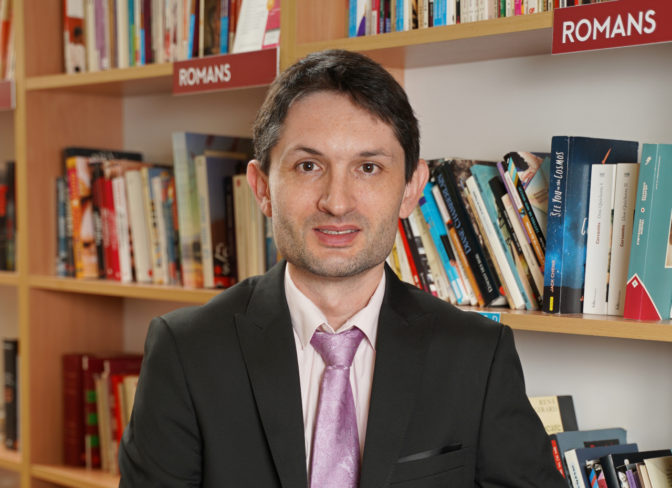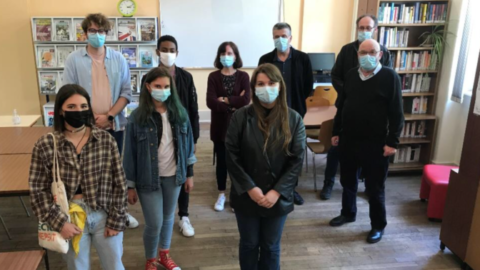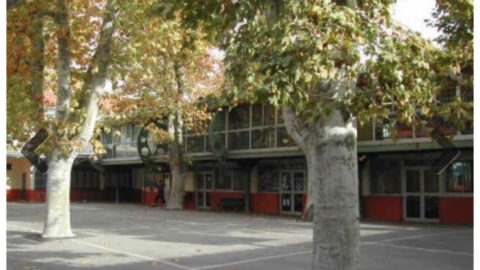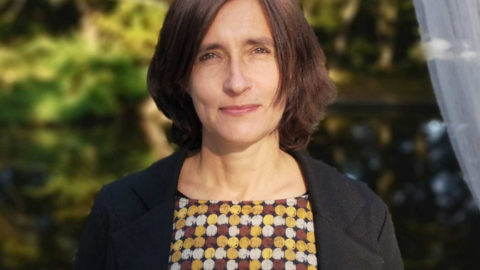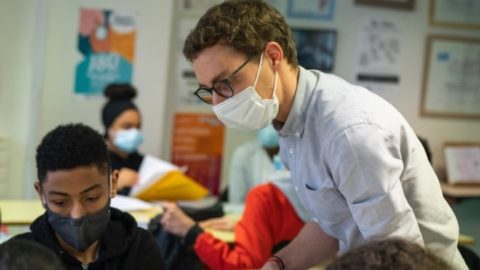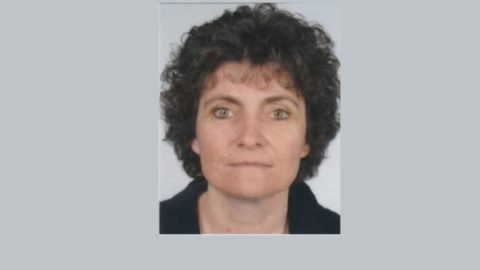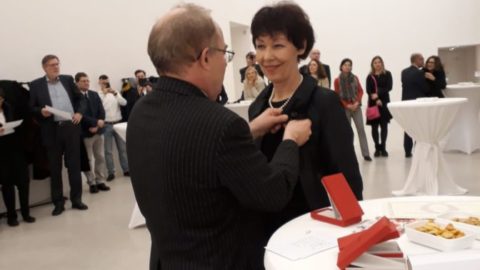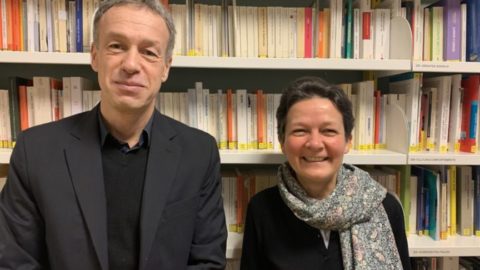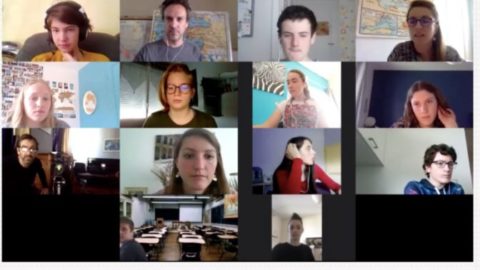Yvan Leclère, History and Geography teacher at the French International High School in Vilnius, Lithuania, and his students worked on the biographies of six deportees: Berthe, Doba and Henri Levin, Aron Simanovitch, Walter Zavadier, Zofia Borensztej and Abraham Delberg. Their work is one of eleven European projects chosen by the French Ministry of Education.
Please could you tell us about yourself and your class?
I am a History and Geography teacher. I was very motivated by this project because I enjoy detective stories. I like it when you pull the tiniest of threads out of a spool and use it to solve an investigation. I did this project with twenty 9th grade students.
They are mostly Lithuanian students, and some of them come from dual national Franco-Lithuanian families. I had them from the 6th to the 10th grade and I was their main teacher, so there was a special bond between us. It was quite a dynamic class, with which it was ideal to embark on this kind of adventure.
How did you organize this group work in the context of the Convoy 77 project?
I formed groups of two to three people. We worked on several biographies at the same time.
We began by asking ourselves questions: why did these people come to France? Did they integrate into French society? What effect did this integration have on them?
For each deportee, the students prepared questions based on the census data. For example, Zofia Borensztejn had a whole family but she alone was deported. Why?
One group of students also wrote to the archives service.
After that, the first lockdown was announced. From then on, I gathered as much information as possible on the Internet by corresponding with people left and right, pulling as many strings as possible. The students then received the documents I had collected and had to prepare a biography. They worked on it for about three weeks. It was a mixed group: some worked very well with little help, while others needed more guidance.
In June, we worked on contextualization, which is to say important research, needed to understand certain historical events, such as the Boer War or the creation of the state of Israel. The students also worked on a video slide show in which they cross-referenced the fates of the eight deportees we had studied. The objective was to present the overall context, the relationship of the Jews with Lithuania, and the resources that we used.
Next, the families’ stories were arranged in chronological order. The students then had to search for images, paying attention to copyright rules. They also had to do some translation work in English and Lithuanian. My French colleague helped us with the writing and layout.
An important detail: I made sure to finish the usual history and geography syllabus ahead of time so that we could focus on the biographies during the last few months of the school year.
What impact has this work had, from an individual point of view (on you personally and on the students) and also more broadly (on the school, the municipality and others)?
Several families have been affected by this work. Some descendants of Doba Levin, for example, contacted us after the biographies were published and gave us a lot of additional information and photos. We have also been in contact with Abraham Delberg’s descendants.
It’s hard to gauge the impact that this work had on the students because we spent so much time in lockdown and I didn’t see them during that time. I learned more about the impact it had the following year when I had them again in 10th grade. Many of them told me that they had been influenced and moved by the stories of these families.
Your work was chosen as one of the most noteworthy projects. How do you and/or the students feel about that?
The students were very happy. But they were hoping that we could all go to Paris, and we had promised them that we would make this trip together, but alas this was not possible after all [editor’s note: the ceremony initially scheduled at the Elysée Palace in Paris on January 27, 2021 was cancelled due to the health situation].
What advice would you give to other teachers who would like to participate in the project?
First of all, I advise them to do it because it is really is very meaningful, especially during the research stage. We only had a name, an address and a date of birth to go on, and it’s very moving to be able to reconstruct a person’s destiny from that. These are people I still think about today. They are people who will remain with me.
In terms of practical advice, I would strongly recommend working with the project organizers, who are extremely helpful regard to documentation.
One must also be wary of certain entries on the list of deportees: date of birth, place of birth etc. One must be aware that many deportees arrived in France at a time when there were no identity cards and when one could cross borders without a passport. They were able to invent a new identity for themselves when they arrived in France.
This can cause differences between the information in the archives and the reality. For example, among the eight deportees we worked on, five or six were supposedly born in Vilnius but in fact, we found only one in Vilnius. For the archivists, the fact that we did not find them suggests that they were either born under another name or born elsewhere.
Another tip: if you are working on someone who has traveled a lot, genealogy sites are extremely valuable. As free sites, there is the Jewish community’s site, Jewishgen; and the Mormon site, Familysearch, on which you can find a lot of documents. If you have a low budget (tens of euros, dollars or pounds), it might be a good idea to subscribe to a site such as Ancestry.
The Internet is full of information but you have to be persistent. One should not hesitate to try several spellings of the first name and the family name, or to try to find the Hebrew name. Henri Levin, for example, was in fact called Henoch Lewin.[:pl]
Le lien vers le diaporama vidéo fait par les élèves d’Yvan Leclère :


 Français
Français Polski
Polski